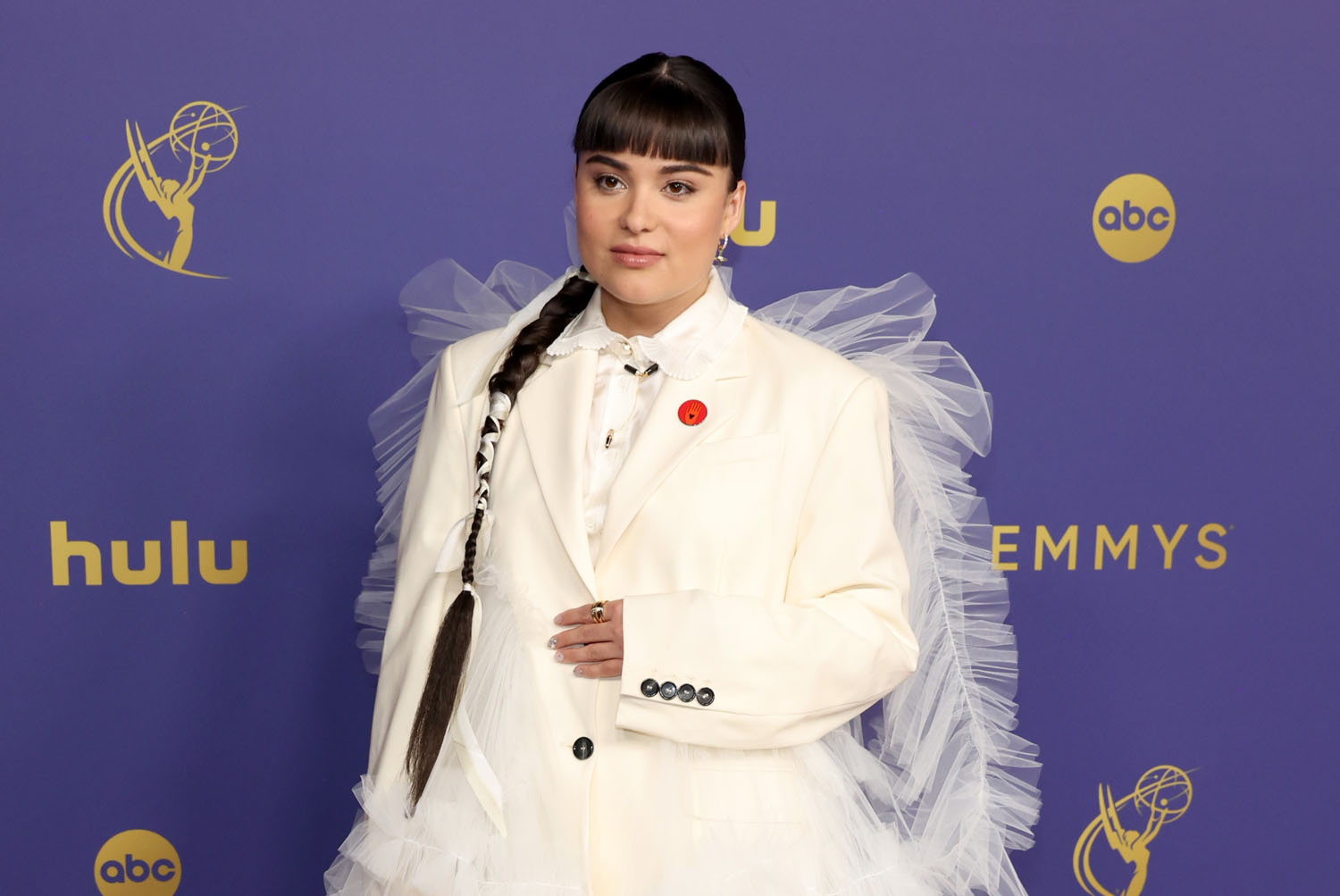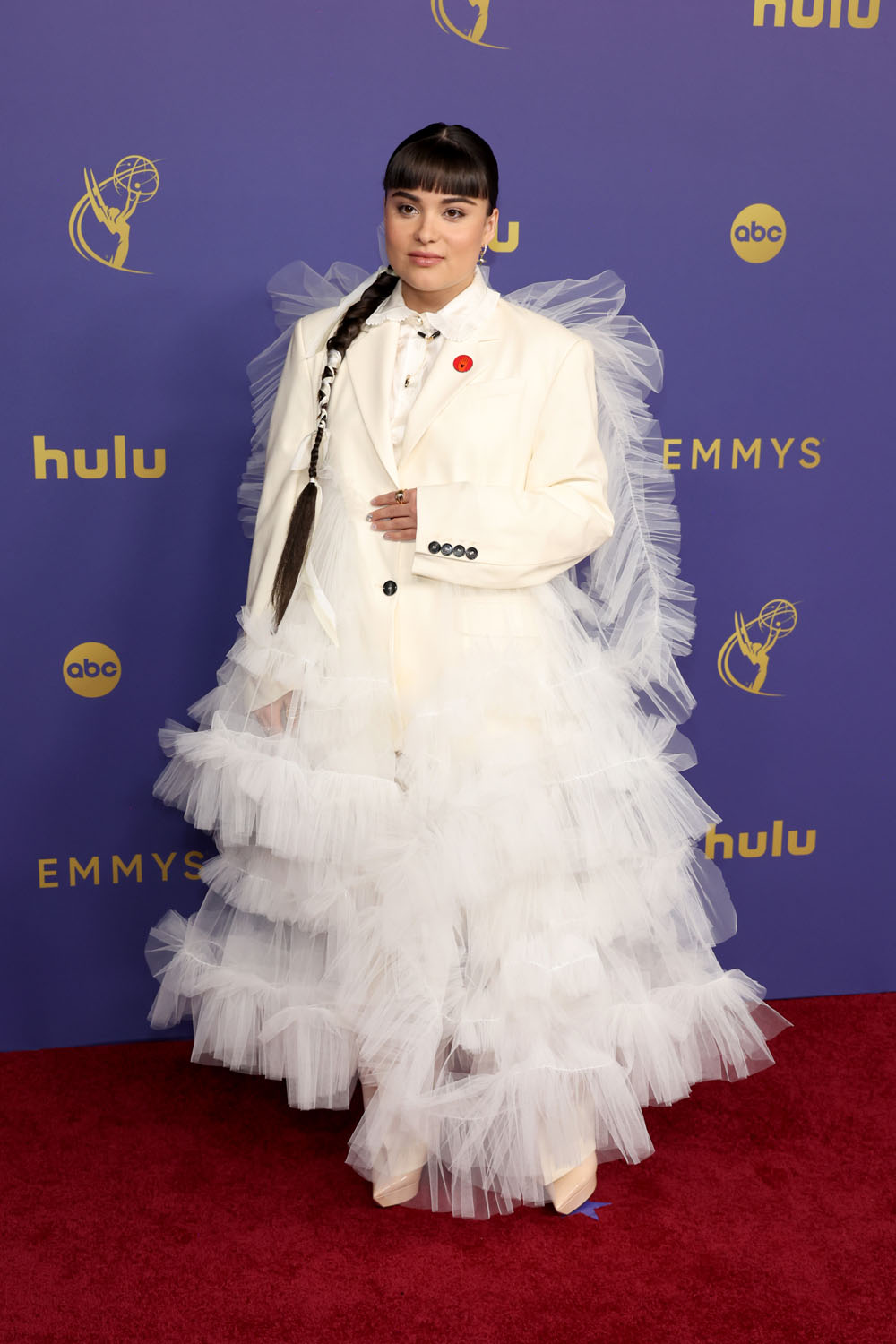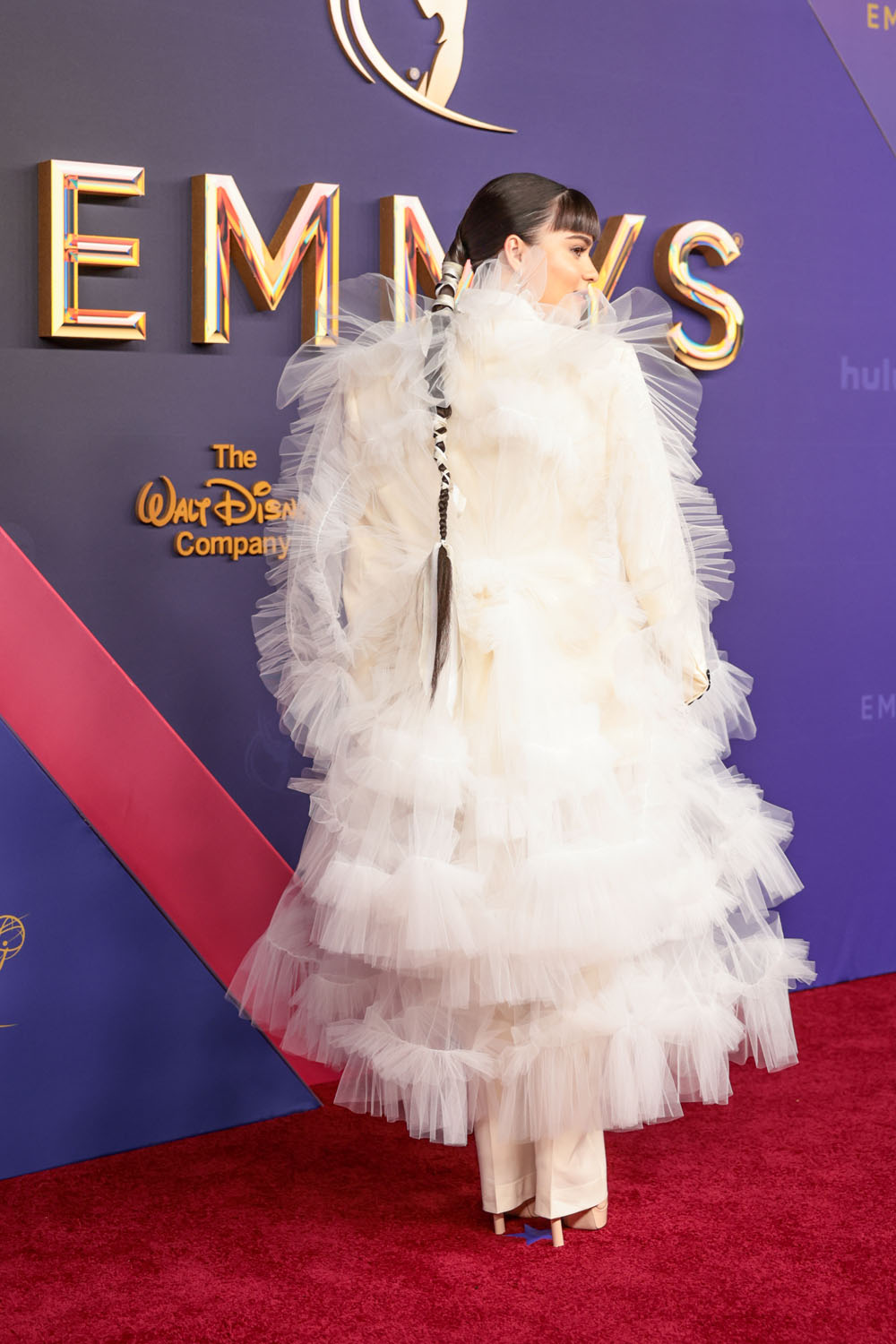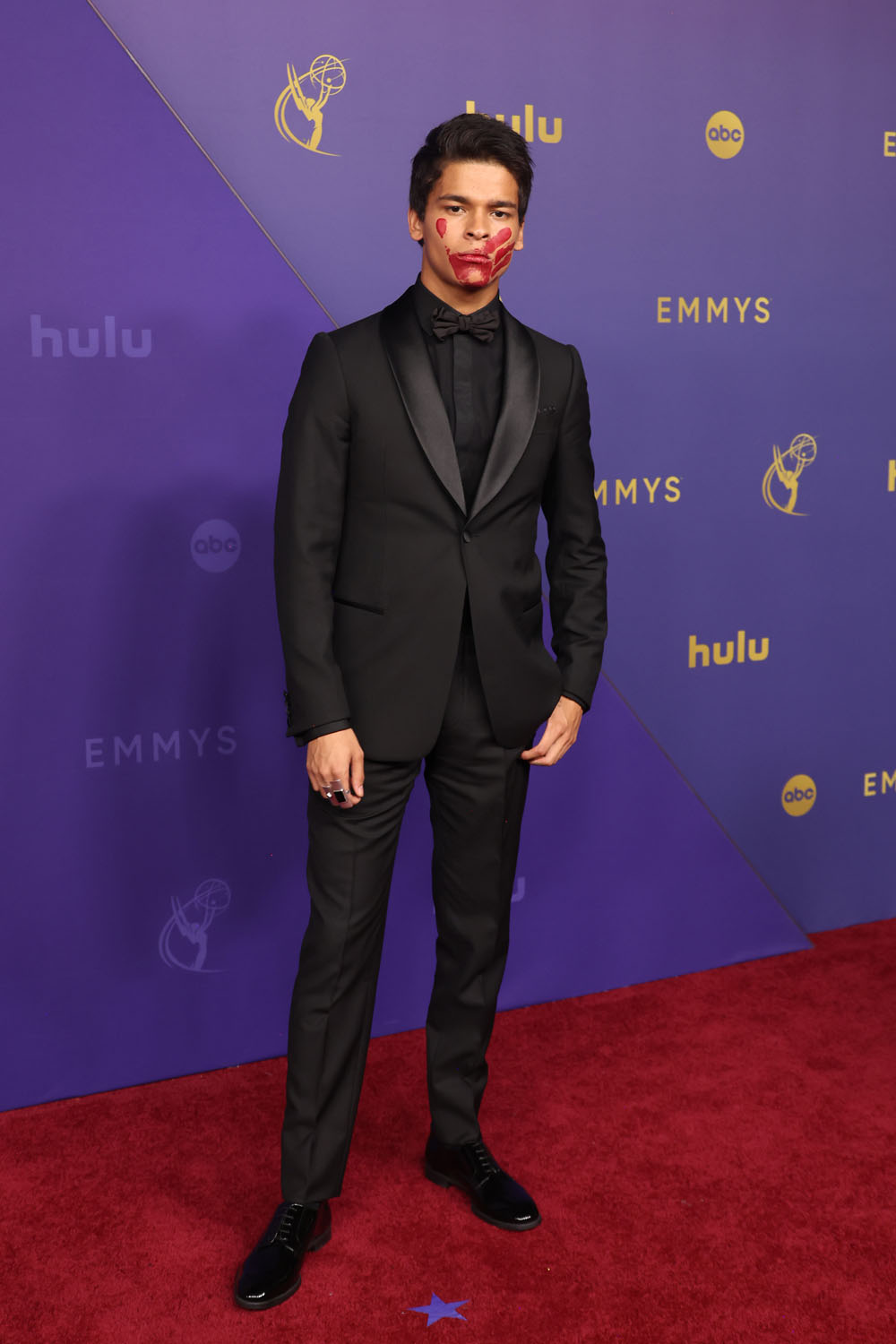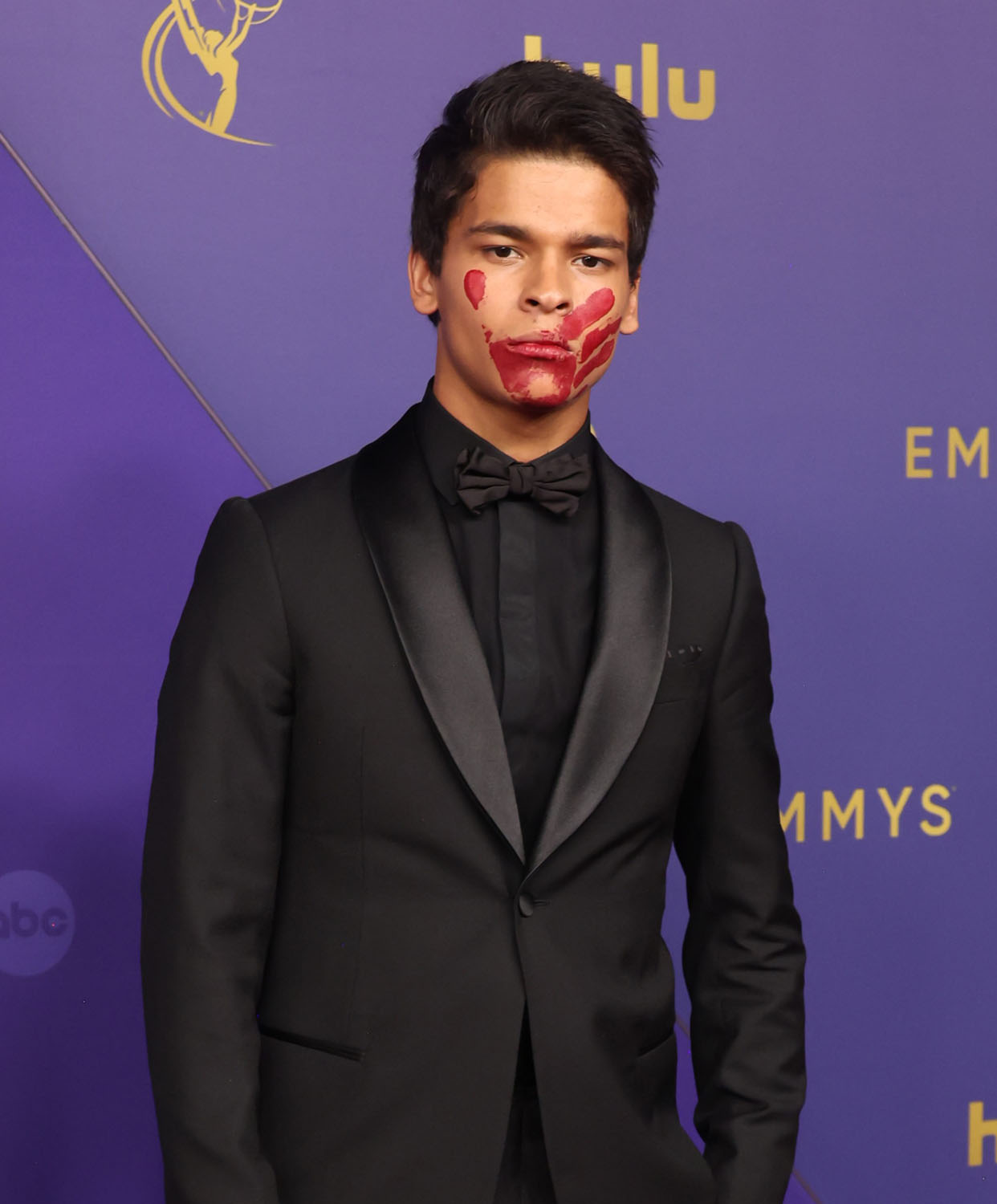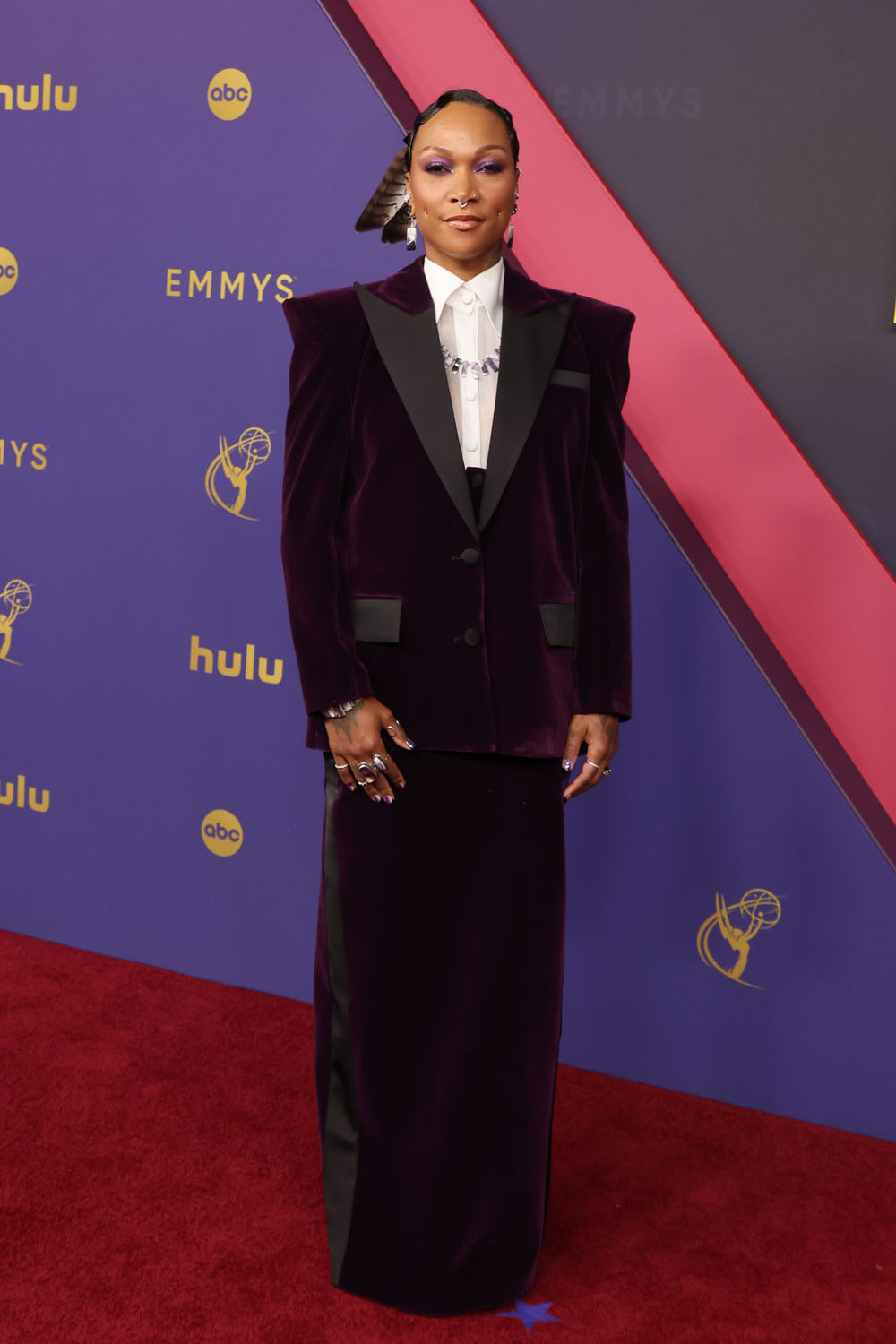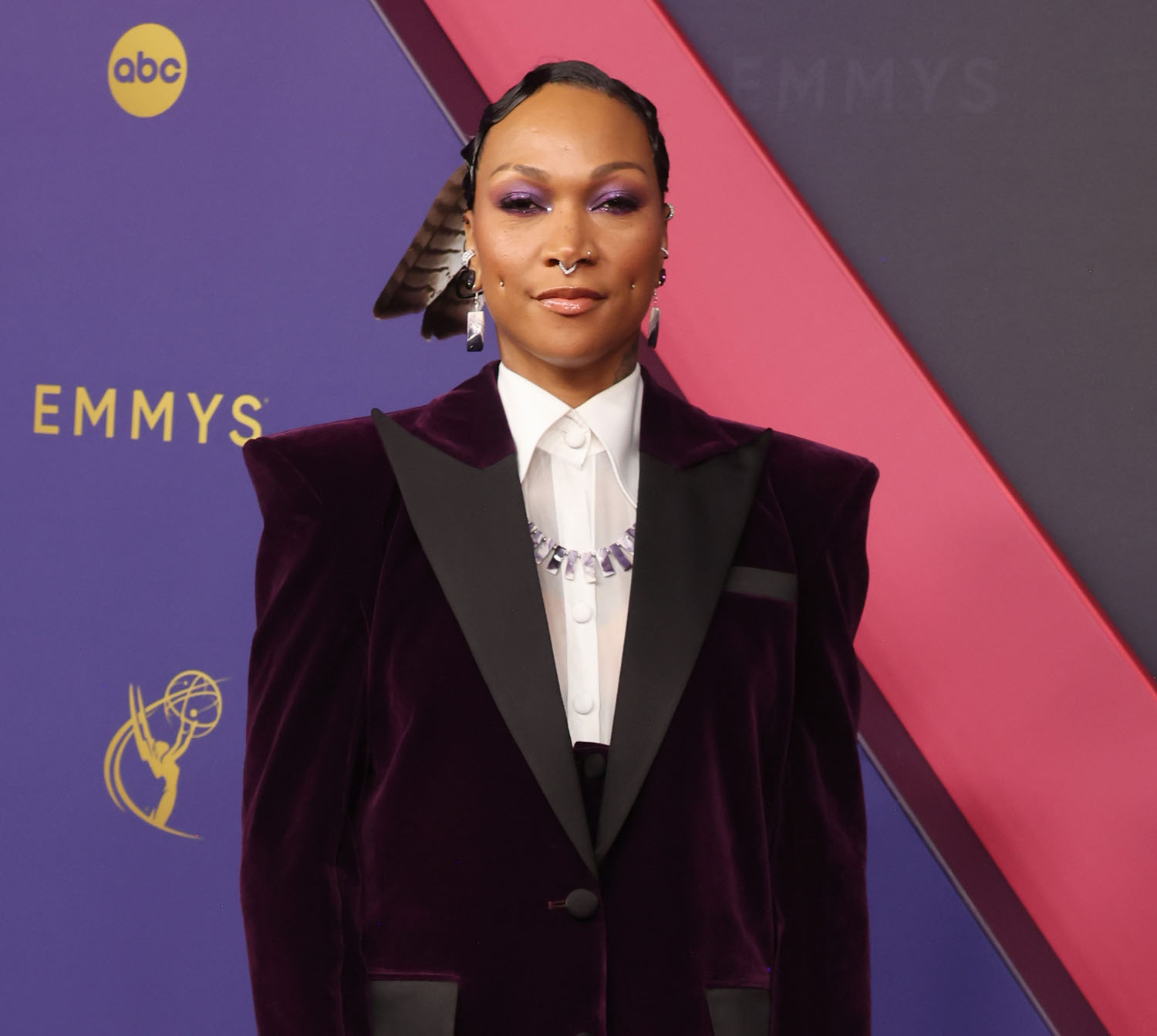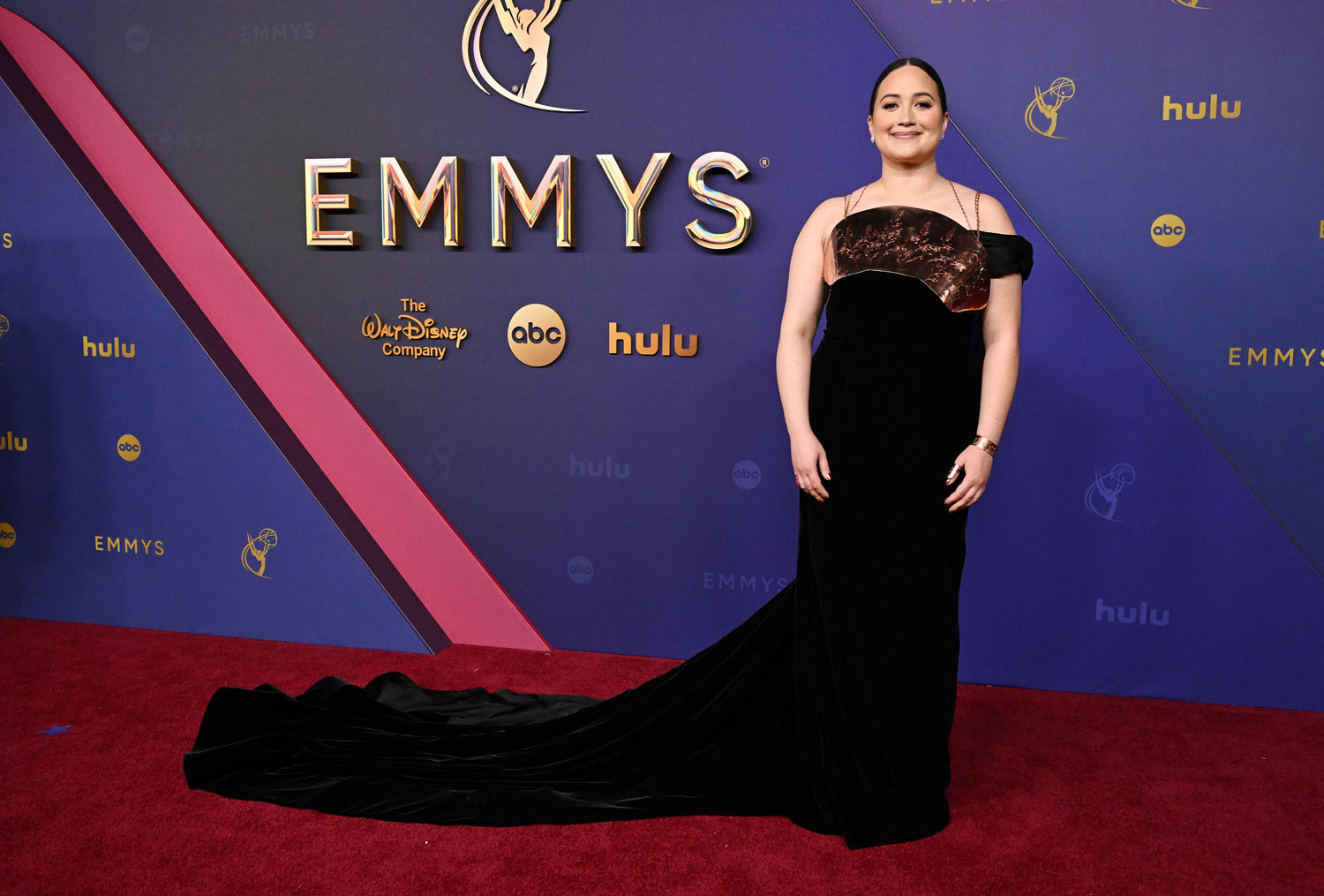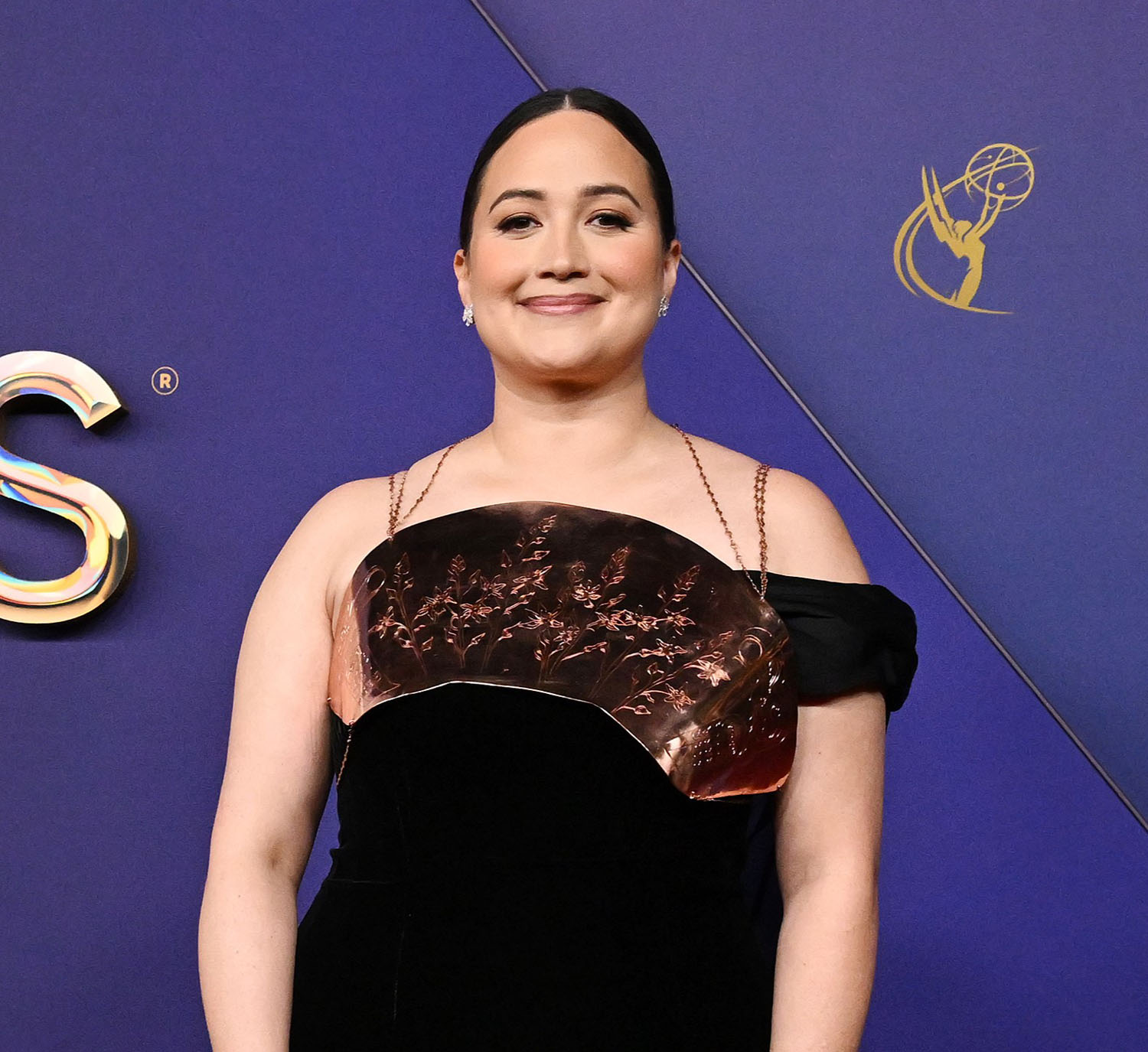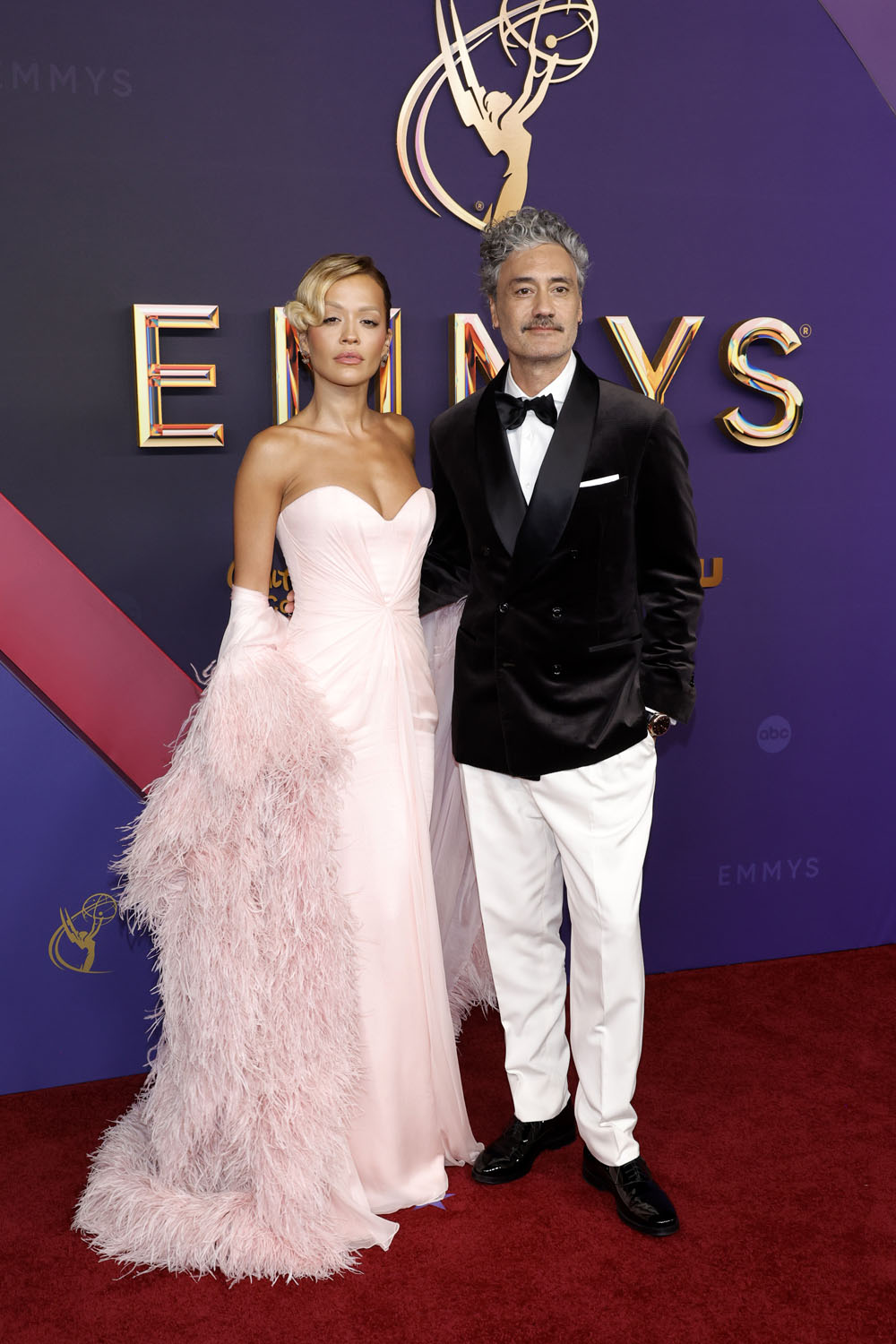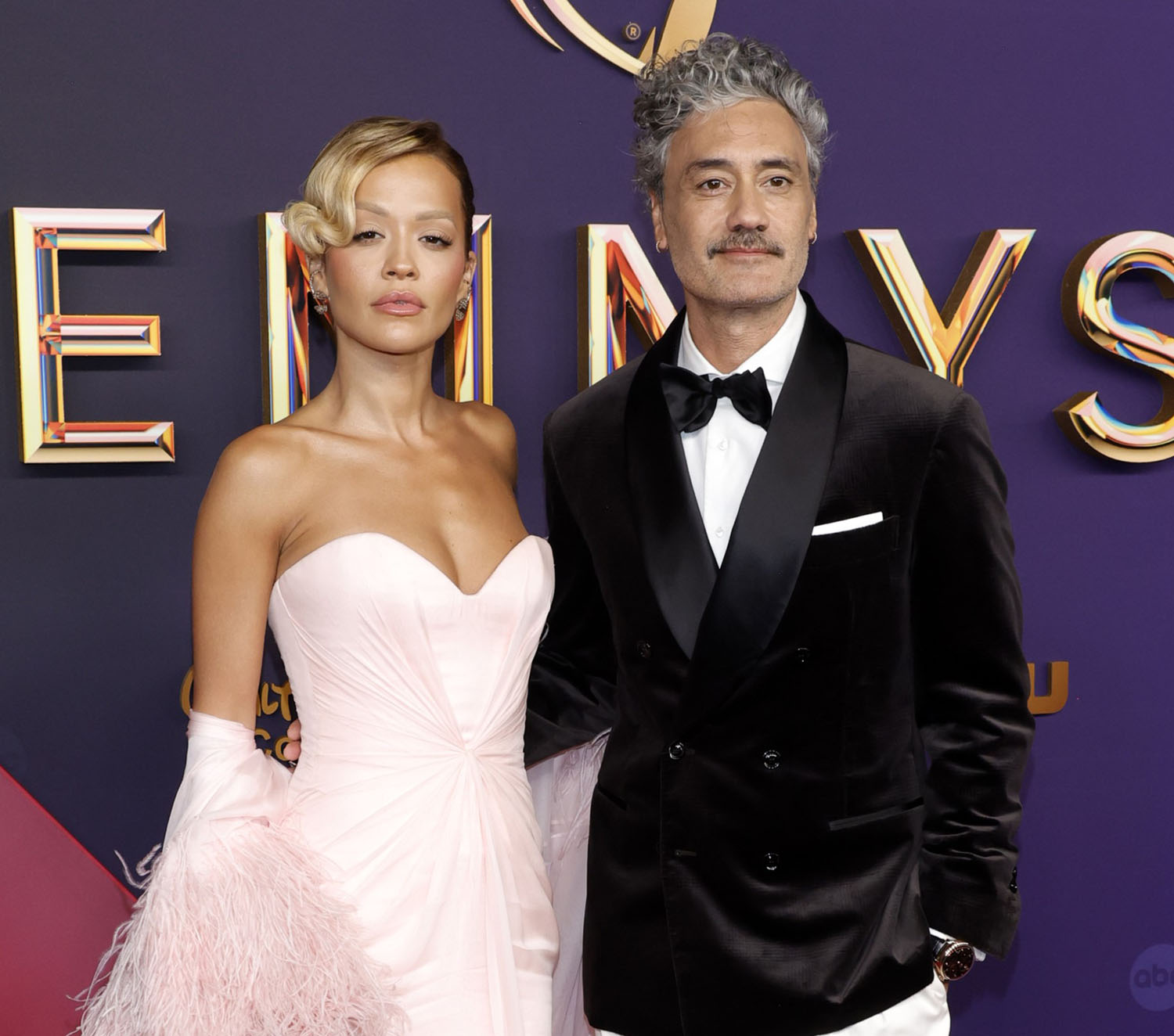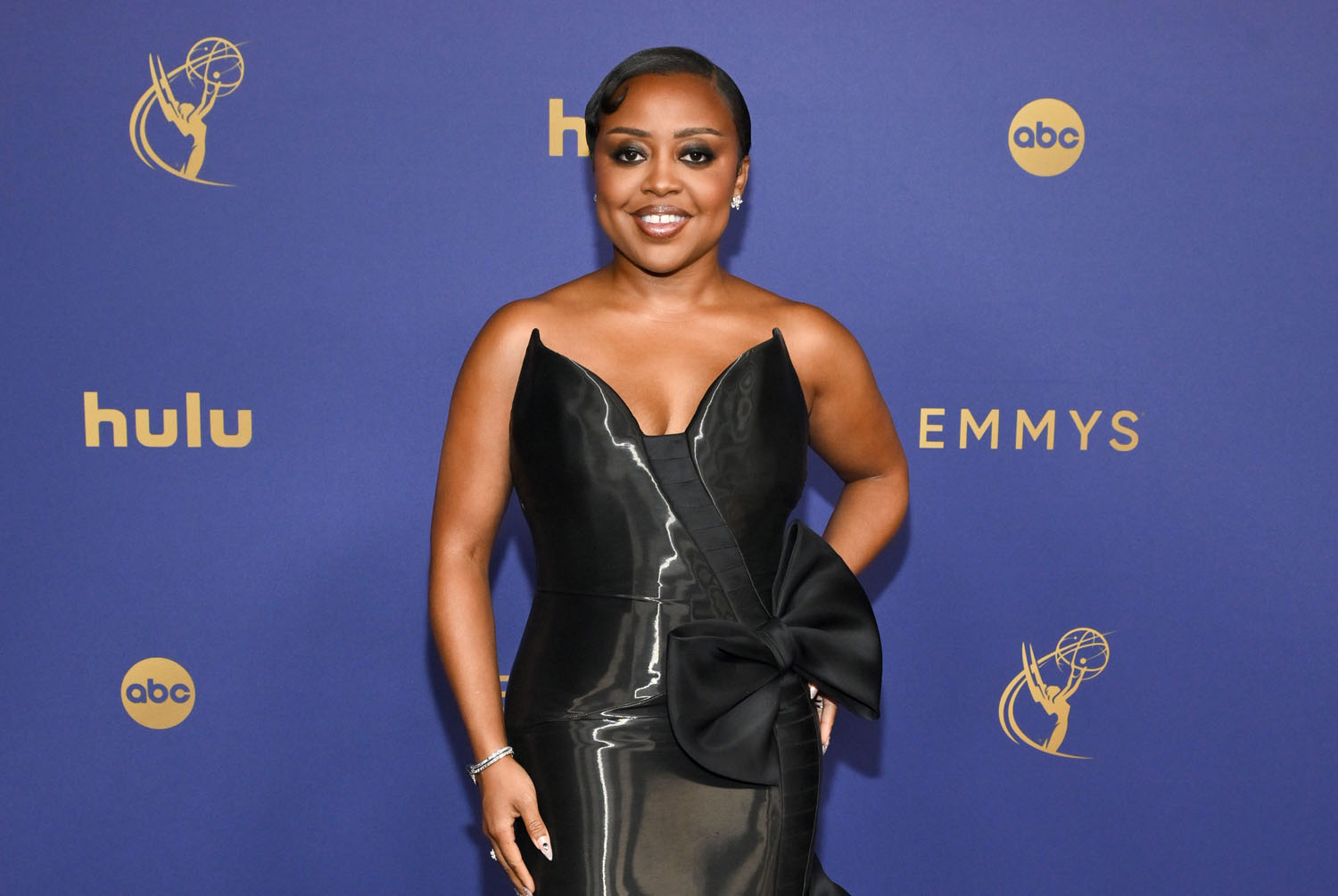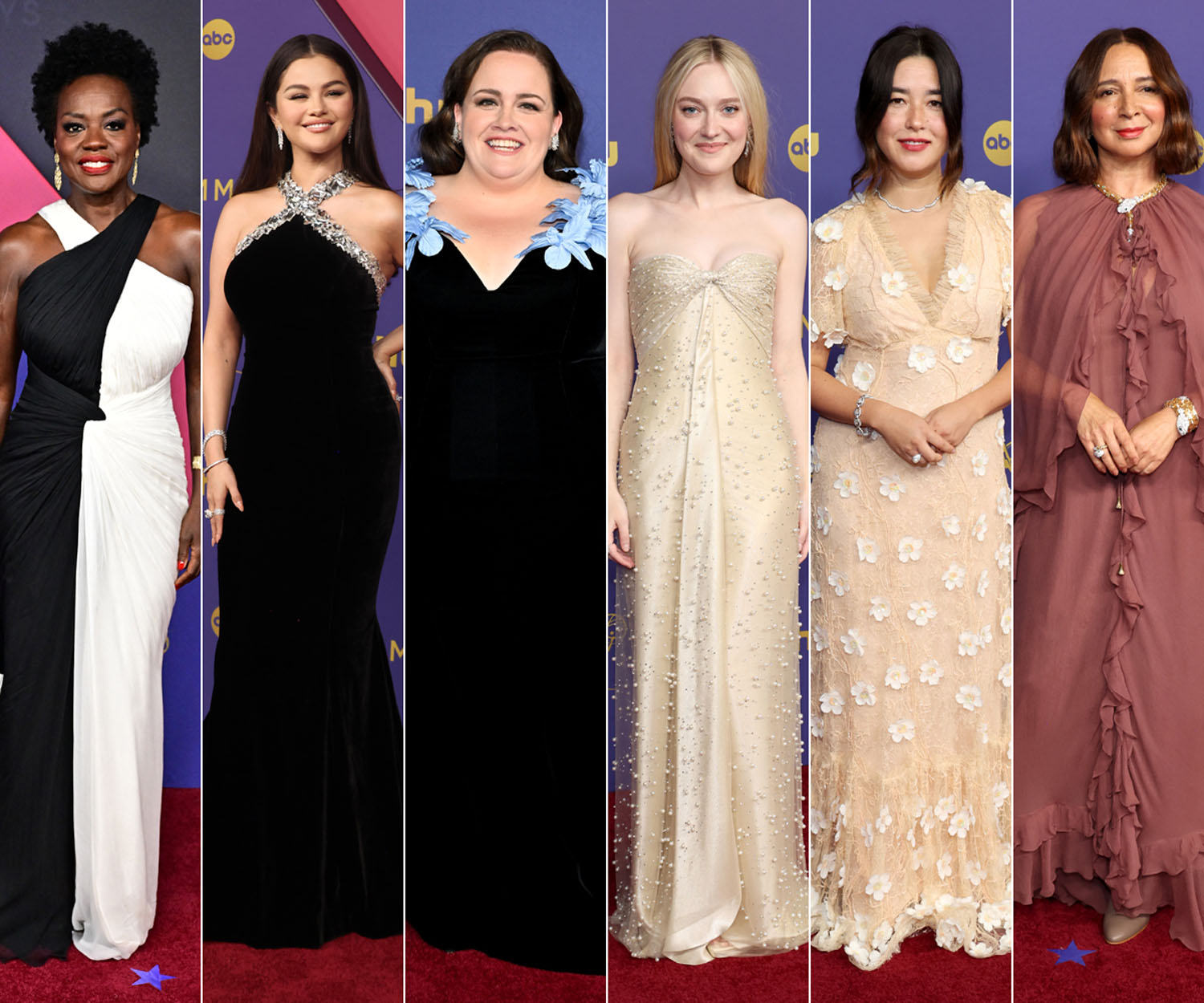Another historic night for Indigenous representation



Reservation Dogs earned its first Emmy nominations this year but, sadly, went home empty handed. Lily Gladstone, nominated for Under the Bridge, also struck out, as did Kali Reis, nominated for True Detective: Night Country.
So, it was a little bit of a bummer given that no one won, but at the same time, there were MULTILPLE INDIGENOUS NOMINEES AT THE EMMYS. Like??? That’s a big deal! That’s a win in and of itself! Not even ten years ago could I imagine seeing MULTIPLE Native American and First Nations nominees at a major film and/or television award show, but it’s happening. In fact, I’ve written up the Rez Dogs cast at the Emmys before, never mind the entire Killers of the Flower Moon Oscars run.
It goes to what John Leguizamo said in his speech, that there is proof of progress in the entertainment industry.
It’s tough times right now, a lot of jobs are being cut at every level of the industry, a production draw down means less work and less stories told, and it does feel like shows with diverse representation have been first on the chopping block over the last year or so. I’m not a Pollyanna saying everything is fine when it’s clear things are Not Fine. But we need to remember the good things, too. Rez Dogs ran for three seasons, a cultural landmark, yes, but also just a plain good show. Our Flag Means Death had two glorious seasons. What We Do in the Shadows has been a gift from the comedy gods for the last five years, featuring one of the best slow-burn queer love stories anywhere.
It feels like we’ve just been running from one disaster to the next in the entertainment industry for the better part of a decade, so it’s easy to lose sight of the positive things that have happened, but having Indigenous nominees in the comedy, drama, and limited series categories is huge. Five years ago, I couldn’t imagine that. Now I can. John Leguizamo is right, we have made progress. Maybe not as much as we want, but that just means we have to keep pressing. But progress HAS been made. Now, onto the outfits.
Kawennáhere Devery Jacobs wore one of the best outfits of the night, a white suit with tulle details. She looks like a cloud. This is probably a divisive look—it is a LOT—but I refuse to look at what haters are saying because they are wrong. She looks amazing.
Devery Jacobs for the @enews glambot at the #Emmys pic.twitter.com/koyMdKeXOP
— Film Updates (@FilmUpdates) September 15, 2024
Also, D’Pharaoh Woon-A-Tai, a first-time nominee for Outstanding Lead Actor in a Comedy Series, showed up in a classic black-on-black tux (by Emporio Armani), but with a red handprint across his mouth. It’s a symbol of solidarity with the Missing and Murdered Indigenous Women of North America. You can learn more about MMIW and how to get involved at Native Hope.
For those who are unaware of the MMIW/P crisis, here’s D'Pharaoh Woon-A-Tai explaining why he wore the red handprint. https://t.co/36z0D0HEpL pic.twitter.com/mnUUwytu45
— sophie (@sophiemg2018) September 16, 2024
And then there is Kali Reis, boxer turned actor and also a first-time nominee for True Detective: Night Country. She wore a deep purple tuxedo skirt/suit, with the color signifying wampum used by the Northeast Woodland Tribes (Reis is from the Seaconke Wampanoag tribe).
She also wore some incredibly cool jewelry, and feathers gifted by a tribal elder. One thing I love about Indigenous representation at red carpet events, is how much thought and effort goes into every look. No one is just throwing on some boring satin gown and calling it a day. Everyone is considering how everything they wear bears meaning for not only them, personally, but their nations and cultures, too. Except maybe for Taika Waititi, who’s been going to these things for a while now and wore a relatively normal black and white tux. (I also sincerely like Rita Ora’s pink feathered gown.)
#TaikaWaititi and #RitaOra are a total vibe at the #EMMYs glambot. 🔗: https://t.co/0MlkMCaMbA pic.twitter.com/uG71xHen9y
— E! News (@enews) September 16, 2024
Which brings us to Lily Gladstone, who continues to use her red carpet appearances to highlight the work of Indigenous artists and craftspeople. Her dress is black velvet Rodarte, the earrings are by Wempe, but you’re probably wondering about the chest plate. It’s by First Nations artist Agnes Seaweed Wisden.
📹 Lily Gladstone's Glambot on the #Emmys red carpet 😍 pic.twitter.com/PjeoANl6Nh
— Lily Gladstone Updates (@LilyGUpdates) September 16, 2024
The rings and cuff are also by Ms. Wisden.
Lily and Kali are the first Indigenous women nominated for Emmys. D’Pharaoh Woon-A-Tai is also making history as the first Indigenous actor nominated for a leading role. So maybe nobody won a trophy, but it was an historic night for Native representation on television anyway. John Leguizamo said it best. Progress is being made.
